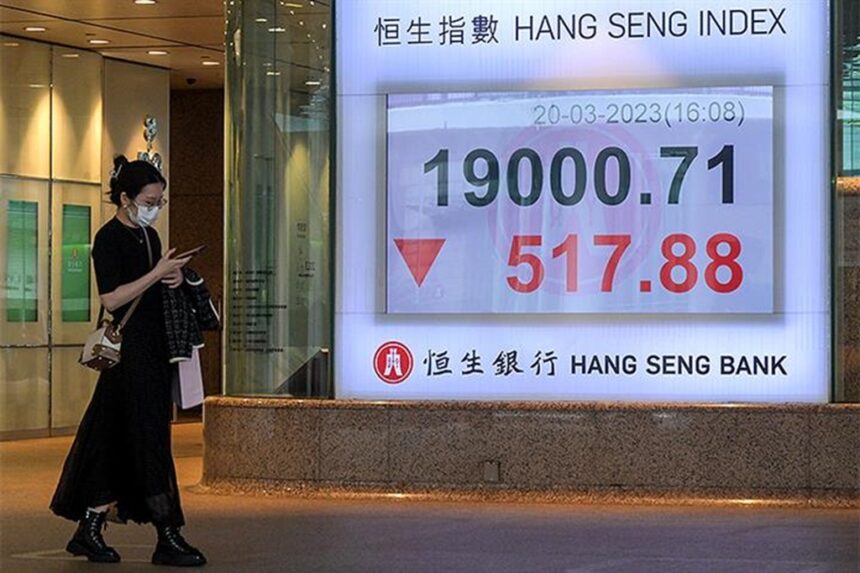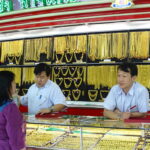BEIJING, China – May brought fresh challenges for China’s export-focused economy as overseas shipments lost momentum, despite a brief cut in U.S. tariffs on Chinese products.
The slowdown came at a tough time for the country, with the yuan slipping, joblessness hitting new highs, factories shutting down, and the property sector stuck in a slump. These problems have raised doubts about China’s outlook and rattled global investor confidence.
The trade war took a short pause in mid-May with a 90-day truce and a much-talked-about phone call between U.S. President Donald Trump and Chinese leader Xi Jinping. While the leaders described the call as productive and focused on trade, any relief was short-lived. China’s economy is still feeling the pain from deeper issues that a single conversation can’t fix.
Economists polled by Reuters expected China’s exports to grow just 5% year-on-year in May, down from the 8.1% surge seen in April. Even with lower tariffs from the U.S., the drop highlights persistent global trade troubles and softer demand for Chinese goods. Imports were also set to fall, pointing to weaker spending at home.
The yuan has tracked this downturn, sinking to its lowest point against the dollar in two years. While this can make Chinese exports cheaper, it also signals low confidence in the country’s economic health.
Rising unemployment is adding to concerns. Official data put the urban jobless rate at 5.1% in April, but this number has shifted month to month. There’s also growing worry about youth unemployment and the real scale of job losses nationwide. Factory closures, which have continued outside of the usual holiday periods, are leading to even more layoffs and less production.
China’s property market remains a drag on growth. While the government has tried to support the sector, a strong turnaround isn’t expected next year. Falling house prices, weak sales, and rising household debt are putting pressure on consumer confidence and slowing economic activity further.
All these factors have shaken investor trust in China. Some analysts point to early signs of optimism at the start of the year and China’s push for reforms. But right now, the headwinds are hard to ignore. Foreign investors, especially, are paying close attention to how China responds and whether its policies can help slow the downturn.














